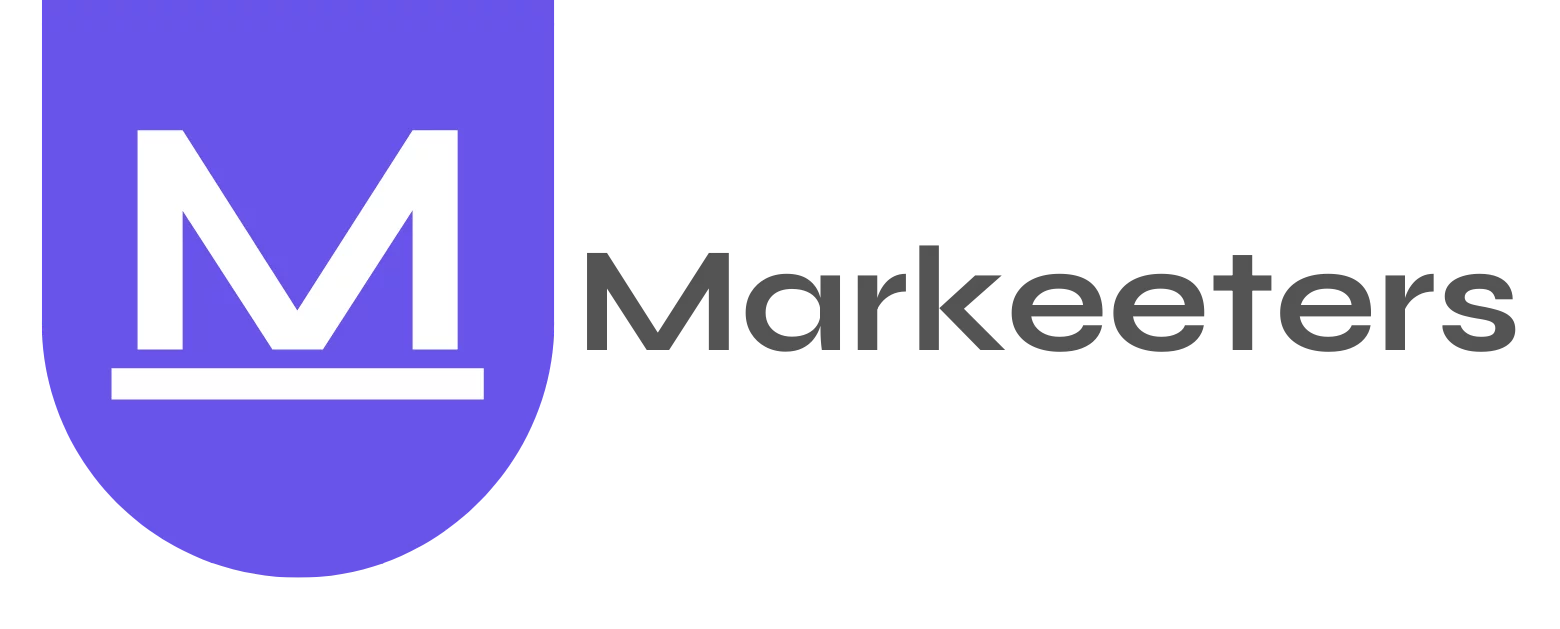For coaching institutes, social media serves as a powerful platform to engage with students, showcase teaching methodologies, and attract potential candidates. This guide aims to outline effective strategies for coaching institutes to leverage social media platforms for increased visibility and student engagement.
Target Audience
Identify the primary audience for coaching institute social media marketing:
- Students & Parents – Targeting students preparing for exams and parents seeking coaching for their children
- Graduates & Professionals – Attracting individuals seeking career advancement or specialized courses
- Educators & Teachers – Networking with educators interested in professional development courses
- Education Influencers – Collaborating with influencers or bloggers in the education niche
Goals
Define the objectives of utilizing social media for coaching institutes:
- Student Acquisition – Attracting new students and converting inquiries into enrollments
- Brand Positioning – Showcasing the institute’s teaching methodology, faculty, and success stories
- Engagement & Support – Fostering relationships, answering queries, and offering educational support
- Testimonials & Reputation – Showcasing student success stories, achievements, and testimonials
Platforms to Focus On
Identify the key platforms for coaching institutes to maintain a strong presence:
- LinkedIn – Professional networking, sharing educational content, and connecting with educators
- Instagram – Visual content showcasing institute infrastructure, student success stories, and faculty insights
- YouTube – Video lectures, tips for exams, success stories, and faculty interviews
- Facebook – Sharing educational content, events, and engaging with students and parents
Content Pillars
Develop content pillars tailored to coaching institute social media marketing:
- Exam Preparation Tips – Sharing tips, strategies, and study materials for different exams
- Success Stories & Testimonials – Showcasing student achievements, testimonials, and scorecards
- Faculty Insights – Introducing faculty, their expertise, teaching methodologies, and success rates
- Student Engagement – Interactive quizzes, Q&A sessions, and motivational content
Content Creation & Publishing Strategy
Outline a content strategy aligned with coaching institute marketing goals:
- Educational Value – Offer valuable and relevant content related to exams, courses, and career guidance
- Engagement & Interaction – Promptly respond to queries, comments, and direct messages
- Student-Centric Approach – Focus on student needs, challenges, and goals in content creation
- Video Content – Utilize video lectures, tips, and success stories to engage and educate students
Admissions & Enrollment Campaigns
Utilize social media for admissions and enrollment campaigns:
- Open House Events – Promote open house events, webinars, or workshops through social media
- Early Bird Offers – Encourage early enrollments through special discounts or benefits
- Webinar Series – Host informative webinars related to exam strategies, study techniques, etc.
Analytics & Reporting
Track and analyze metrics to measure the impact of social media efforts:
- Engagement Metrics – Likes, comments, shares, and interactions on various platforms
- Follower Growth – Increase in the number of followers/subscribers over time
- Conversion Rates – Monitor inquiries or enrollments generated from social media efforts
- Content Performance – Assess the success of specific content types and engagement trends
Challenges
Address potential challenges in coaching institute social media marketing:
- Competition – Standing out in a competitive market with numerous coaching institutes
- Trust & Credibility – Establishing trust and credibility among students and parents
- Adapting Content – Creating content that resonates with diverse exam syllabi and student demographics
Conclusion
Leveraging social media effectively can significantly enhance a coaching institute’s visibility, student engagement, and enrollment rates. This guide provides a roadmap for coaching institutes to navigate social platforms, engage students, and showcase their teaching methodologies while establishing a strong brand presence.



